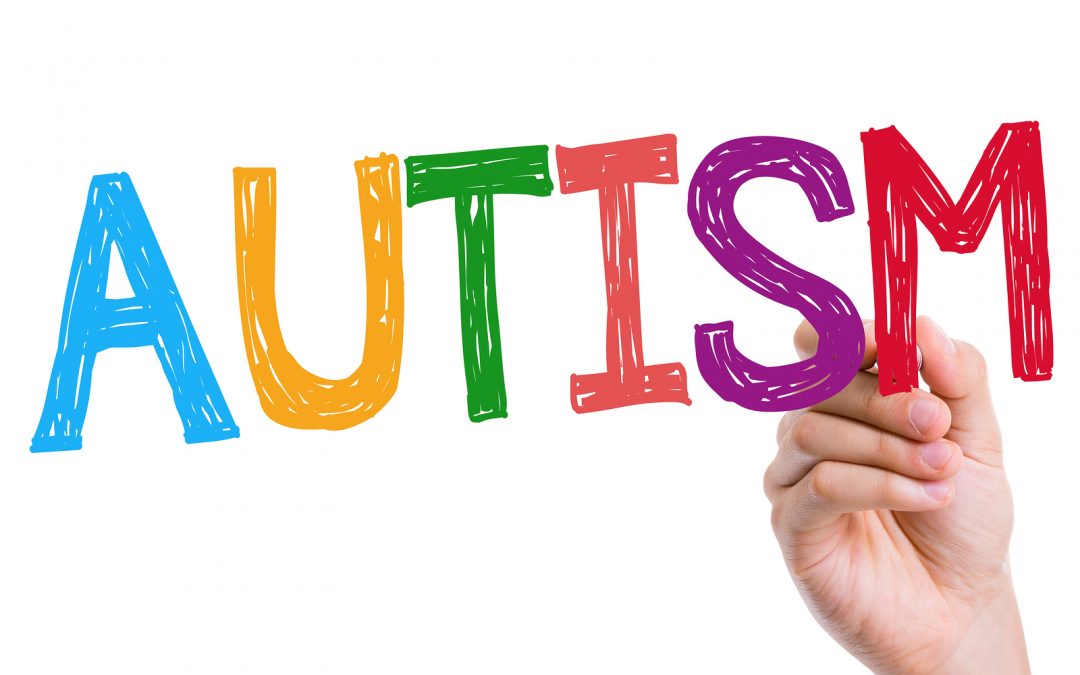Autism, or autism spectrum disorder (ASD), refers to a broad range of conditions characterized by challenges with social skills, repetitive behaviors, speech and nonverbal communication. Autism is a spectrum disorder which means autistic people can have varying support needs. One third of autistic people also have a learning disability. Some autistic people will have high support needs, which may mean that they require full time care and support. Some people may need a bit of support with day to day activities, while others live fully independent lives.
The employment rate among persons with autism spectrum disorder has been noted as unacceptably low. However, countries such as uk is providing different supports for autistic adults. In the uk for autistic adults who are already in employment or have an interview for a job there is a government scheme called Access. This scheme provides grants to support adults with autism in the workplace. They will be offered support based on their needs, which may include a grant to help cover the costs of practical support in the workplace. An Access to Work grant can pay for things such as special equipment, adaptations or support worker services to help them do things such as answer the phone or go to meeting, help getting to and from work.
As well as employment support, there are several financial supports available for adults with autism in the UK which is provided by the government. These support include; Personal Independence Payment (PIP) which helps with some of the extra costs caused by long-term ill-health or a disability. Disabled Students Allowance is offered to higher education students, and Universal Credit (UC) which is for people aged 18 and above who cannot work due to their condition or disability.
As well as UK other countries such as US also provides supports for autistic adults. In the US Each state has a Vocational Rehabilitation (Voc Rehab or VR) agency that provides employment service supports to people with disabilities (including autism). VR is paid for by the federal and state government. It is available in every state to help people with autism to prepare for and obtain jobs.
Australia also provides a lot of support for its autistic adult community. There are many adults with autism that live independently in Australia. Therefore, there are a range of housing options and support services to help adults with autism to find appropriate and affordable housing, and tailored supports to suit their needs. There are a range of types of accommodation and housing options that adults with autism may access which include: Living in their own home, or the family home, with or without in-home support; Living in supported rental housing; Living in specially adapted, modified homes; or Living in a share house or group accommodation for adults with autism or different disabilities.
Adults with autism may also be eligible to access in-home support, which can provide long-term care for adults who require support to live in their own or family home. Supported Independent Living (SIL) support often includes full time support, in and out of the home, regardless of home ownership. The support can be independent, or provided for people in shared living arrangements.
Accommodation and housing support can be found across Australia, and are often operated by private businesses or disability service providers. Funding is often provided through government organisations such as the NDIS.
On the other hand, unfortunately in countries such as Canada many types of autism support greatly decrease or even stop altogether when a person turns 18. According to Dr. Evdokia Anagnostou, senior clinician scientist at Holland Bloorview Kids Rehabilitation Hospital in Toronto, this is the wrong approach. In her view, there need to be way more support for adults with autism, and among other things, they should address housing, employment, healthcare and recreation.
Elham Soltani
CDO of IMUTISM
References
Autism.org.uk. 2020. Varying Support Needs. [online] Available at: <https://www.autism.org.uk/advice-and-guidance/what-is-autism/varying-support-needs> [Accessed 26 December 2020].
GOV.UK. 2020. Get Support In Work If You Have A Disability Or Health Condition (Access To Work). [online] Available at: <https://www.gov.uk/access-to-work> [Accessed 26 December 2020].
Surreylocaloffer.org.uk. 2020. [online] Available at: <https://www.surreylocaloffer.org.uk/kb5/surrey/localoffer/advice.page?id=iDTfYirlqNY> [Accessed 26 December 2020].
Autism Speaks. 2020. Job Seekers, Students & Employees | Autism Speaks. [online] Available at: <https://www.autismspeaks.org/job-seekers-students-employees> [Accessed 26 December 2020].
Global News. 2020. Autism After 18: Why The System Is Failing Canadian Adults On The Spectrum. [online] Available at: <https://www.google.co.uk/amp/s/globalnews.ca/news/6535088/autism-adults-services-canada/amp/> [Accessed 26 December 2020].The Spectrum. 2020. Support For Adults With Autism | The Spectrum. [online] Available at: <https://thespectrum.org.au/autism-support-services


May want to re-evaluate Australia. I’m autistic and come from an autistic family ranging from individuals from a few years old to in their 50s. The only help available is for those under 18, who live near major cities and are useless outside them. Once your 16/18 you’re left on your own. If you had the finances to constantly battle years for NDIS access, you may get some minor supports, but they are not designed for adults, however it is very location and State dependant though. Forget disability payments, they are harder to get than in the USA and other payments and supports are difficult to stay on as well. NDIS is the USA equivalent of the USA private health insurance nightmare and vunerable people on NDIS are frequently in the news for being abused and homeless by those paid to assist them. You also cannot immigrate here as an autistic or having an autistic dependant due to health cost rules. Same rules apply to New Zealand and Canada immigration.
Australian data is based on major cities and conveniently leaves out the data from regional, rural and remote areas, which is shocking, takes years, unaffordable and inaccessible.